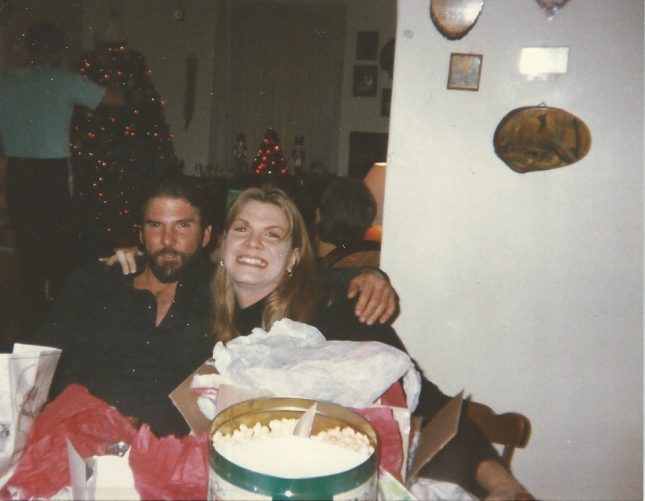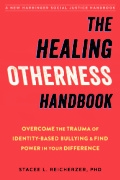The holiday season is one of the hardest times of year for those of us who have lost someone we love. Preparing for Christmas without them is never easy; but with some forethought, we can draw strength from their living presence in our hearts throughout the holiday season and beyond.
Life was starting to feel somewhat normal. We’d have good days and bad, of course. Then the calendar changed. The season brings us back to traditions we’ve made with people we love the most. Once they’ve passed, our Christmas has a piece missing. You may remember all the times he drove you to the store in the middle of the night on Black Friday, or how beautifully she decorated the home you shared. Those who have lost children remember when they were little, and how much fun you had watching them unwrap their gifts.
Christmas begins to feel haunted for us after they pass. We don’t want to decorate, go to parties, or be around the music and people. We procrastinate and then ultimately let things slide. The problem here is that if we give into the voice that says, “I don’t feel like doing…,” we often won’t. Shutting ourselves in will have a cyclical effect that can lead to depression, a debilitating illness that’s hard to see our way out of once we’re in it.
If you’re struggling to muster your own motivation, consider your answer to this question: What would the person who’s passed want for you? People who love us want what’s best for us so that we can thrive and be happy. We honor them when we love and take care of ourselves. In fact, we owe it to their memory and to their living presence in our lives to create meaning and purpose, to find our place of joy in the time that we have left.
As difficult as it is, we can begin this process by adopting an attitude of ‘Yes.’ Accept invitations that come your way, and don’t back out of them. People care and that’s why they’re inviting us to things. Maybe they want us to feel included or maybe they just like our company. Be grateful that you have these folks. These are our angels on Earth. Even if we don’t feel especially festive, we do ourselves a favor by getting out and being with them during the holidays.
One of the complicated feelings that often comes with grief is guilt from allowing ourselves to have a good time, or even simply continuing to exist after the person we loved has passed. This can feel especially true if we outlived a child or younger spouse, partner, or close friend. Questions of ‘why?’ come up as we try to find meaning in an unnatural order of things.
In dealing with guilt feelings, the holiday season can be an especially valuable time to commemorate the person. I clear a small space for pictures of my father who committed suicide when I was 24 (the featured image for this blog is from his last Christmas) as well as my grandmothers and other people I love who have passed. A small scented candle, lights, perhaps some ornaments and religious symbols create a quiet space to contemplate and celebrate their memory.
In the spirit of gifting during the season, our commemoration might include a gift of time or monetary value to a charity that might have special meaning to the memory of the person who’s passed. A donation to a suicide hotline, a cancer or diabetes research organization, or a charitable institution that provides gifts for children in poverty are excellent ways to specify your commemorative intention. Our time would also be welcomed by any number or organizations who carry out special functions during holiday periods, such as food pantries and meal delivery services.
Whether we volunteer time or money in a way we haven’t done before, consider that this is a good time in general for beginning new traditions of giving to ourselves. We find meaning when we allow ourselves to do things we never did before but wanted to. Go see the Christmas show you always wanted, or get friends together and see the light display in the little town down the road. Be purposeful in finding new and unexpected things that give you pleasure.
The experience of grief isn’t about trying to fill holes in our hearts. It’s about understanding the hole as a space that will always be occupied by the living memory that remains with us after a person’s physical body is no longer. Our task of grieving is about honoring that presence. We do this by living our lives to the fullest because it’s exactly what they’d want us to do.
If you’re feeling especially low over the holiday season, Psychology Today has an excellent website for finding a therapist in your area who specializes in grief. You can also find grief support groups, many that are free, via a Google search. Please don’t isolate yourself.


